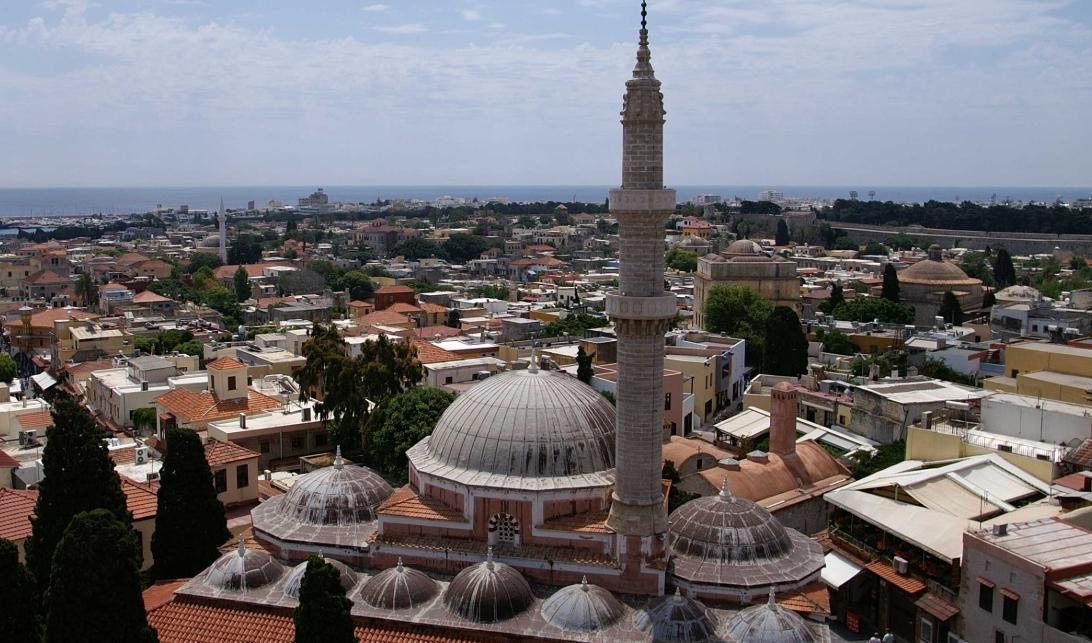'Turks of Greek Dodecanese face strong assimilation'
İZMİR

The Turkish minority in Greece's Dodecanese island group faces the threat of "strong" assimilation, according to a European minority advocacy group.
The islands are home to a Turkish-Muslim minority of around 6,000 people.
Speaking to Anadolu Agency, Gosta Toft, vice president of the Federal Union of European Nationalities (FUEN), underlined the importance of native language education for the future of the Turkish minority in the Dodecanese.
"If they do not learn the language [Turkish] in school, then we will have strong assimilation, and that is what happening now," said Toft, who is himself a member of the German minority living in Denmark.
Toft, in Turkey's Aegean Izmir province last week to take part in a symposium about the problems of Turks in the Dodecanese, said there are bilingual schools for German students in Denmark financed by the Danish state. But the Dodecanese lacks such bilingual schools for its native Turks, he said.
"[In Denmark] it is the opposite of what happened in Greece," he said.
Toft said Greece recognizes neither the Turkish minority in the Dodecanese islands nor that in Western Thrace.
Greece's Western Thrace region is also home to a Turkish-Muslim minority of around 150,000 people.
"They have to accept the Turkish minority, that is a fact. If they do not, then the international society has to put pressure on Greece to change the situation," he stressed.
Toft said the solution lies in establishing dialogue, arguing: "We have to find a way to take up dialogue between the minority and the Greek state."
FUEN, founded in 1949 in Paris, is an umbrella group that unites more than 90 national minorities and language communities in 35 countries and it is the largest umbrella organization of Europe's local minorities.
















